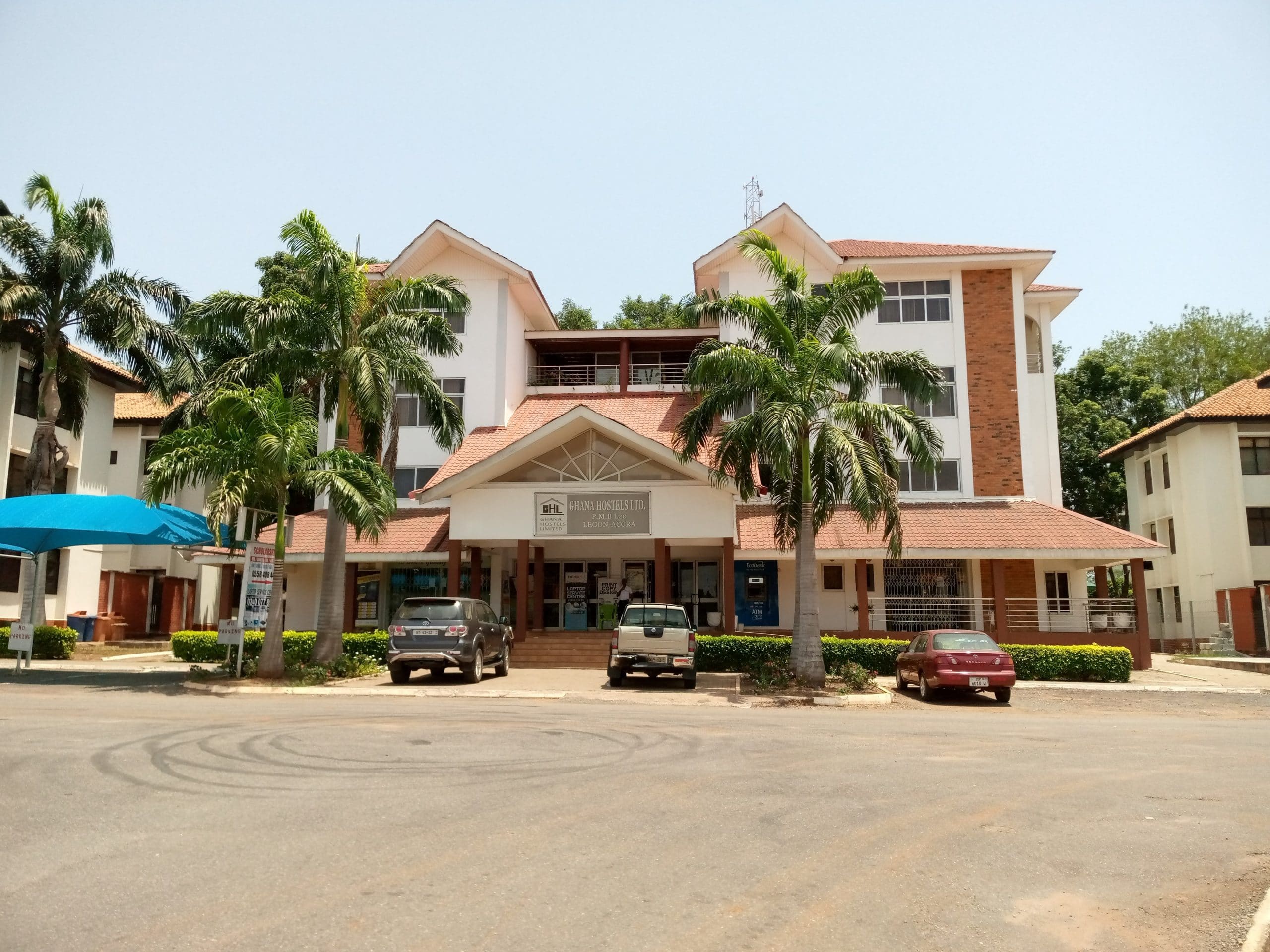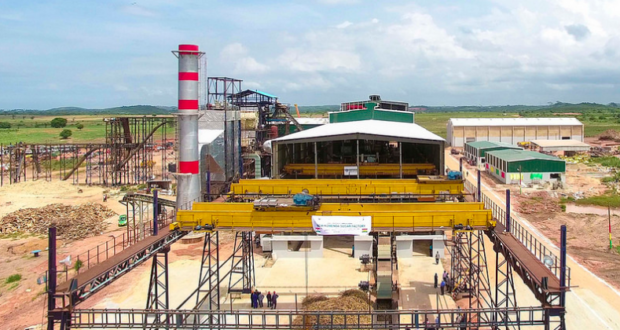Exploding batteries spark deadly S Korea factory fire
A massive factory fire that began after several lithium batteries exploded has killed at least 22 people in South Korea. The blaze broke out on Monday morning at the Aricell plant in Hwaseong city, about 45km (28 miles) south of the capital Seoul. Local television footage showed large smoke clouds and small explosions going off […]

A massive factory fire that began after several lithium batteries exploded has killed at least 22 people in South Korea.
The blaze broke out on Monday morning at the Aricell plant in Hwaseong city, about 45km (28 miles) south of the capital Seoul.
Local television footage showed large smoke clouds and small explosions going off as firefighters sought to put out the fire. A part of the roof had collapsed.

South Korea is a leading producer of lithium batteries, which are used in many items from electric vehicles to laptops.
Fire official Kim Jin-young said 18 Chinese, one Laotian and two South Korean workers had been confirmed as among the dead. A final body had yet to be identified, and there are fears at least one more person may be missing.
“Most of the bodies are badly burned so it will take some time to identify each one,” Mr Kim said, according to news agency AFP.
A further eight people were injured – two seriously – out of the 100 who had been working when the fire broke out.
The Aricell factory housed an estimated 35,000 battery cells on its second floor, where the batteries were inspected and packaged, with more stored elsewhere.
Mr Kim said the fire began when a series of battery cells exploded, though it remains unclear what triggered the initial explosions.
He explained it was difficult to enter the site initially “due to fears of additional explosions”.
It is not yet clear what started the blaze. Lithium batteries are at risk of exploding if they are damaged or overheated.
Whatever the cause, once the fire took hold, it would have spread at speed – giving the workers little time to escape, according to Kim Jae-ho, fire and disaster prevention professor at Daejeon University.
“Battery materials such as nickel are easily flammable,” he told Reuters news agency. “So often, there is not enough time to respond, compared to a fire caused by other materials.”
As a lithium fire can react intensely with water, firefighters had to use dry sand to extinguish the blaze, which took several hours to get under control.
However, there is still a risk that after the fire is extinguished, it could reignite without warning due to the chemical reaction.
SOURCE: BBC NEWS
What's Your Reaction?















































































